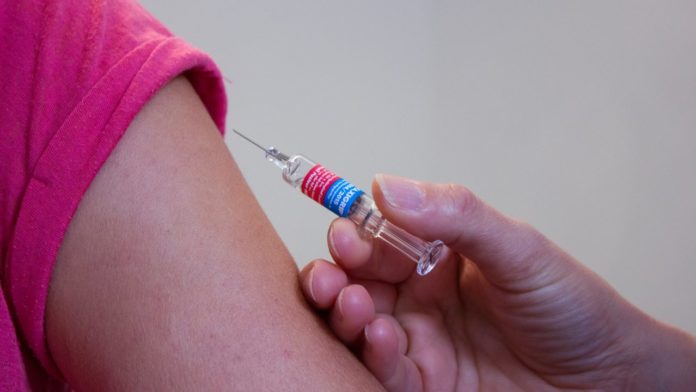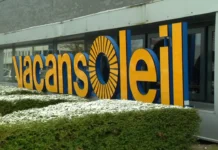It sounds simple – people will come to your neighbourhood to give you the COVID-19 vaccination.
According to Eindhoven University of Technology (TU/e) researchers, the plan has many advantages. However, there are still some practical obstacles. The research group first came up with the idea in December.
Then it became known that the first vaccines were on the way. Door-to-door vaccination could solve a few important problems. That’s according to associate professor, Willem van Jaarsveld, and his colleagues,
“For example, you avoid having a lot of people being vaccinated in the same place. Not everyone can even travel. By vaccinating this group at home, you prevent some people from not getting vaccinated at all.”
How will it work?
Sounds good, but what does that look like in practice? “We estimate we’ll need about 100 buses. These can be transformed into mobile injection sites,” Van Jaarsveld explains. “Each van will have four to ten people who will administer the vaccines.”
“That depends on the neighbourhood’s, where the vaccinations will be done, size.” Then it’s will similar to having a parcel delivered. “You can keep an eye on when the vaccination bus will be in your street.”
“Those who register for the vaccination will receive e-mails. These will inform them of when the team will be in their street,” the professor continues. The scientists have thought about everything.
Already making enquiries
They’ve already contacted experts in the field of transporting refrigerated products. That’s important. The Pfizer vaccine has to be stored at -70°C.
“We’ve studied the information leaflet carefully. It says you can refrigerate the vaccine for up to five days. That’s perfectly doable with standard refrigerated vehicles, that’s perfectly doable”.
Nevertheless, Van Jaarsveld admits that there are some challenges. It could, for example, take longer to immunise people, per capita. “At a standard location, vaccinations can work on a kind of assembly line.”
Not impossible
“Using our way, they’ll undoubtedly spend more time moving from house to house. To limit that, there has to be tight organisation and sufficient staff.”
Then there’s the matter of security. Guards accompany all the large shipments currently being transported. That will be no different for the mobile injection sites.
But, there’s a significant difference, according to Van Jaarsveld. “There will be far fewer vaccines per bus. So, fewer security guards will be needed.”
The researchers don’t dare speculate whether this will become a reality. “We’re currently in contact with the national government. Whatever the case may be, we – just like many others – consider it vital to use our expertise to think about possible solutions. It never hurts to include as many ideas as possible.”
Source: Studio040
Translator: Bob
Editor: Melinda Walraven











